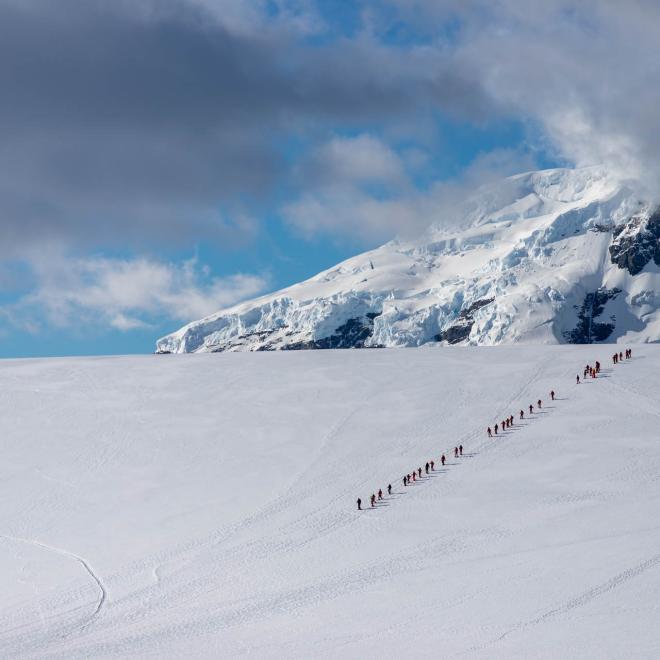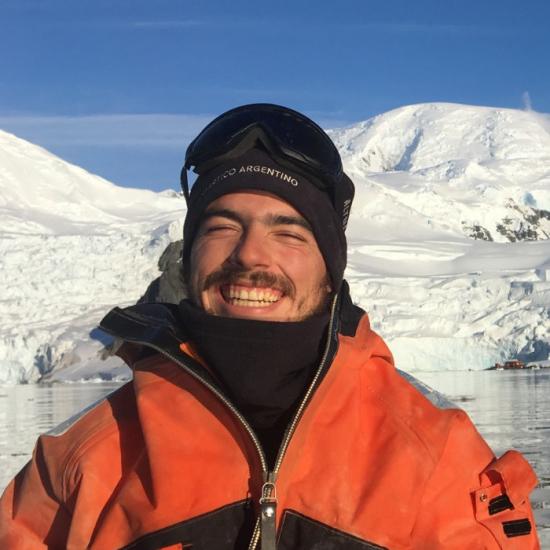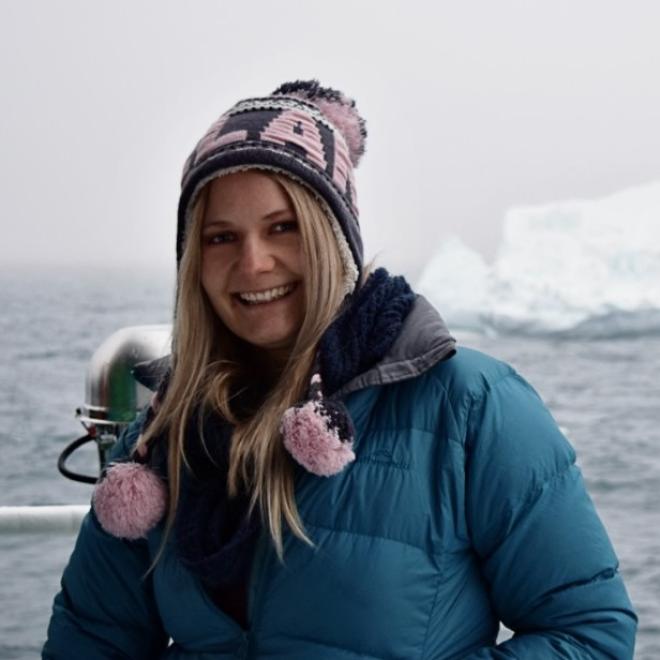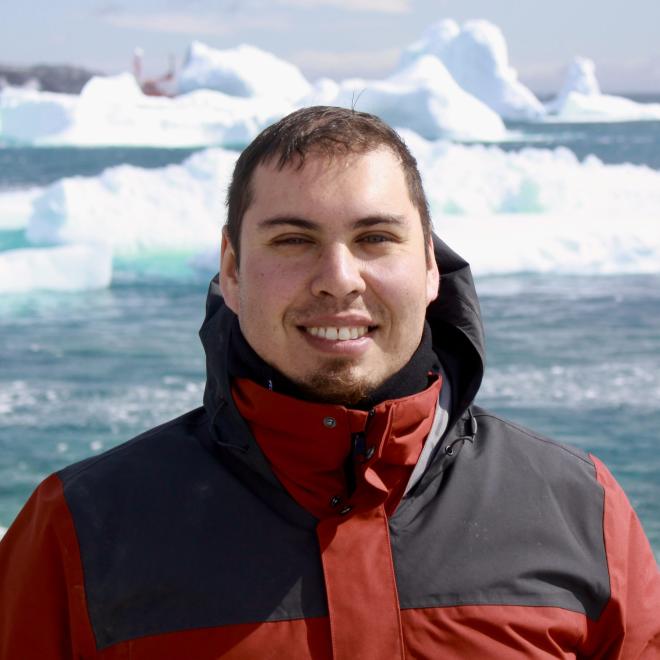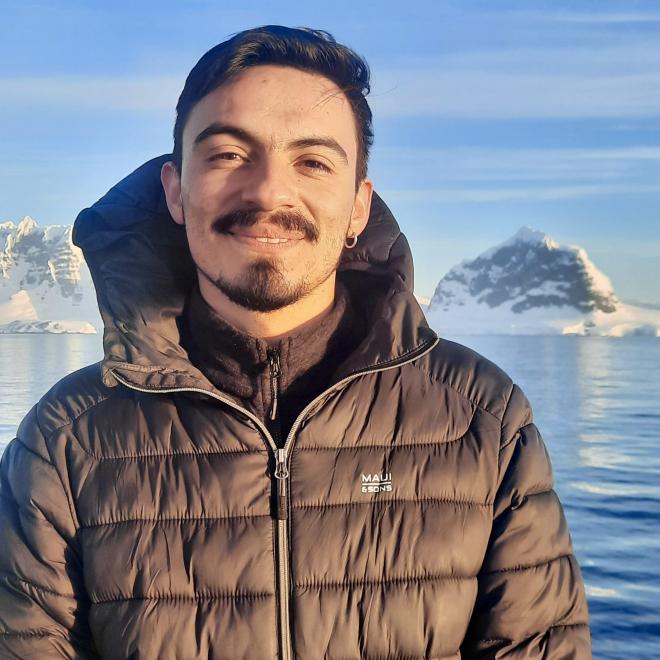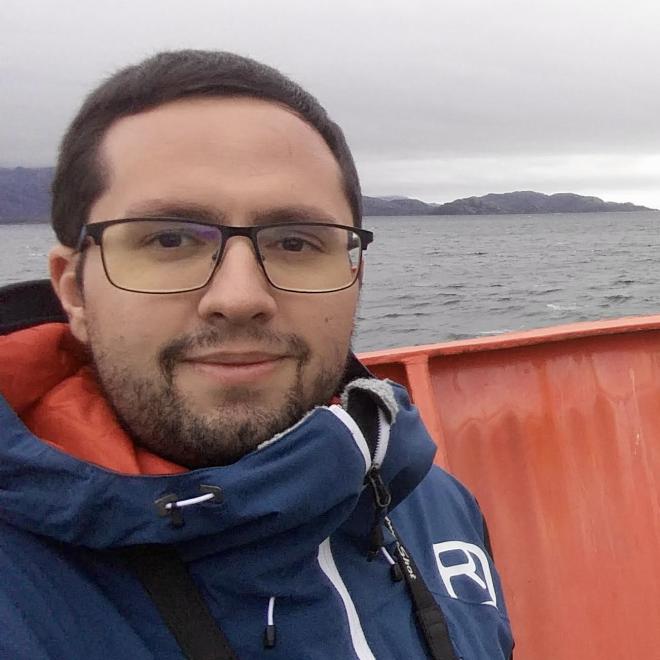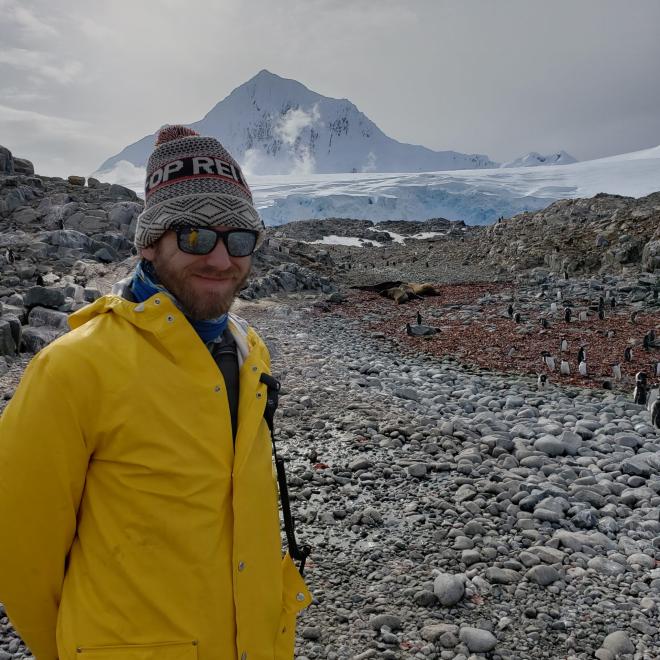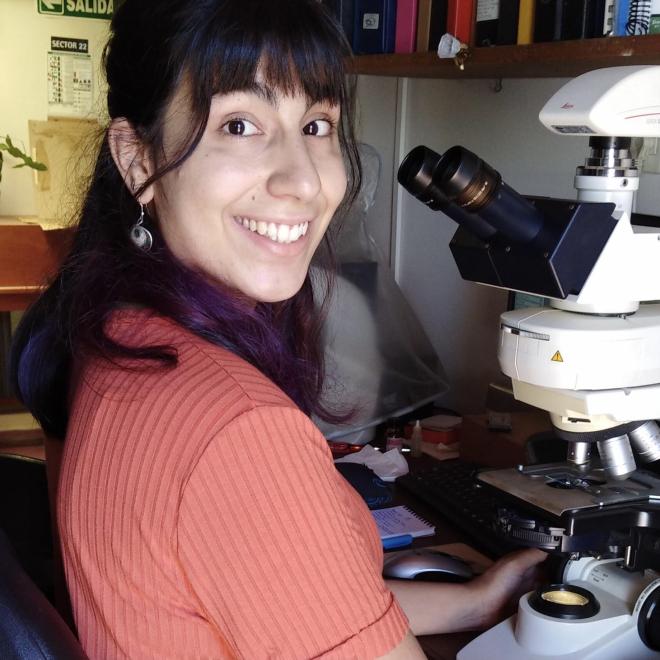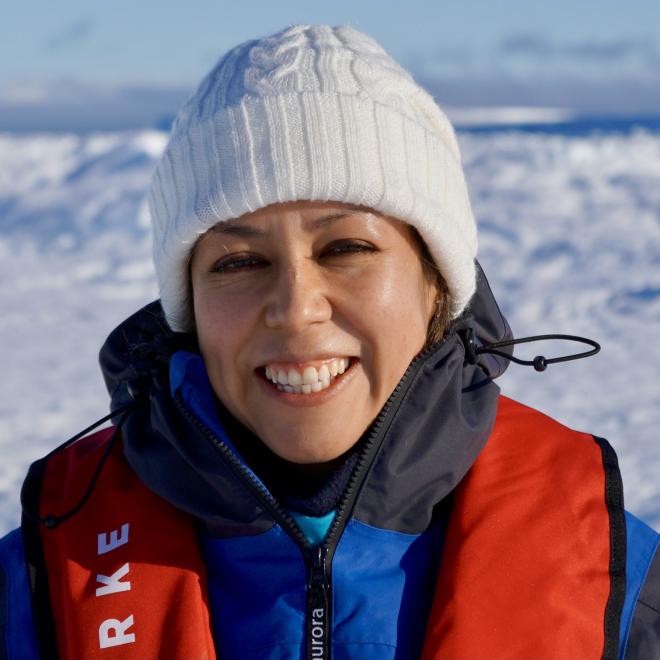
The IAATO Antarctic Fellowship

IAATO, the Council of Managers of National Antarctic Programs (COMNAP),
The Scientific Committee on Antarctic Research (SCAR) and the Commission for the Conservation of Antarctic Marine Living Resources (CCAMLR) work together to support talented early-career researchers, scientists, engineers, environmental managers, and other professionals.
The purpose of the annual awards is to strengthen international capacity and cooperation in fields such as climate, biodiversity, conservation, humanities and astrophysics research by providing annual funding opportunities.
APPLICATIONS FOR IAATO & COMNAP WILL OPEN ON MARCH 16, 2026!
Meet Our Antarctic Fellows
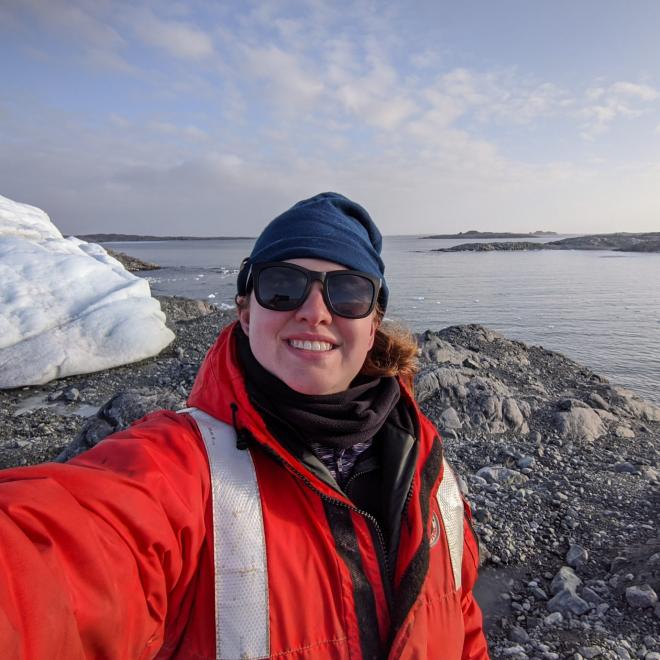
Katherine Gallagher
Dr. Katherine Gallagher is from Stony Brook University, USA.
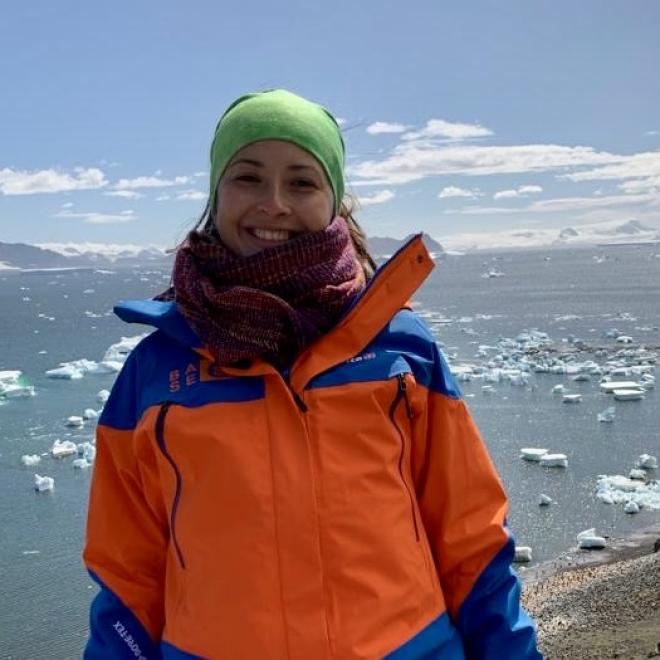
Lucila Belén Morales
Lucila Belén Morales is a PhD candidate from Andrés Bello University in Chile.
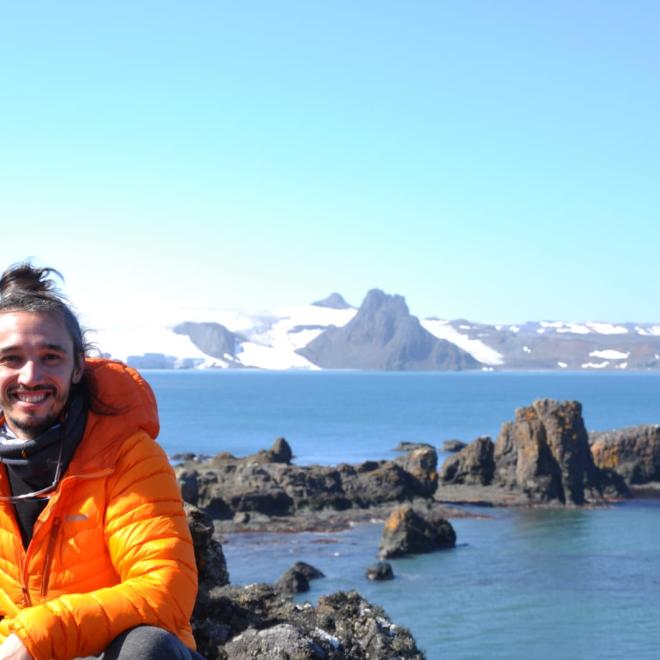
Miguel González Pleiter
Miguel from the University of Alcala, Spain is researching the consequences of microplastic introduction to the Antarctic environment.
Latest Articles
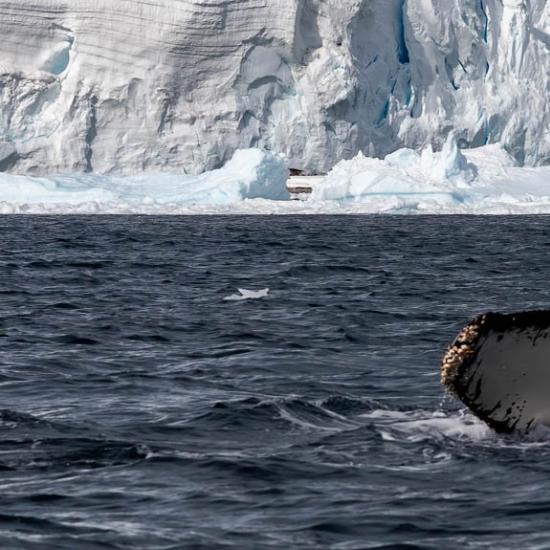
IAATO Expands Wildlife Monitoring Program Through Global Marine Conservation Partnership
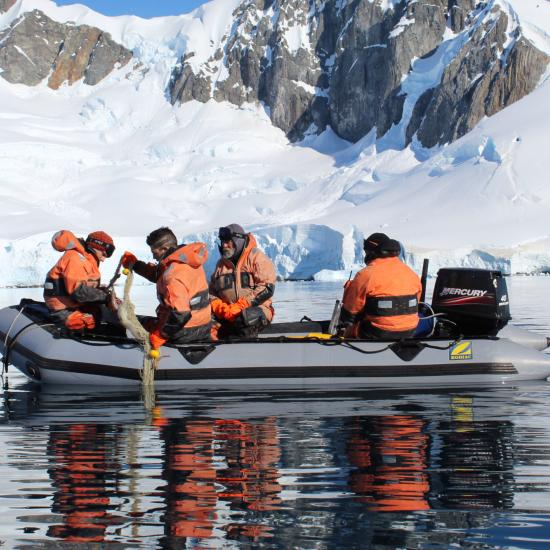
Antarctic Fellowship Recipients Announced
IAATO Welcomes Daven Hafey as New Director of Operations
